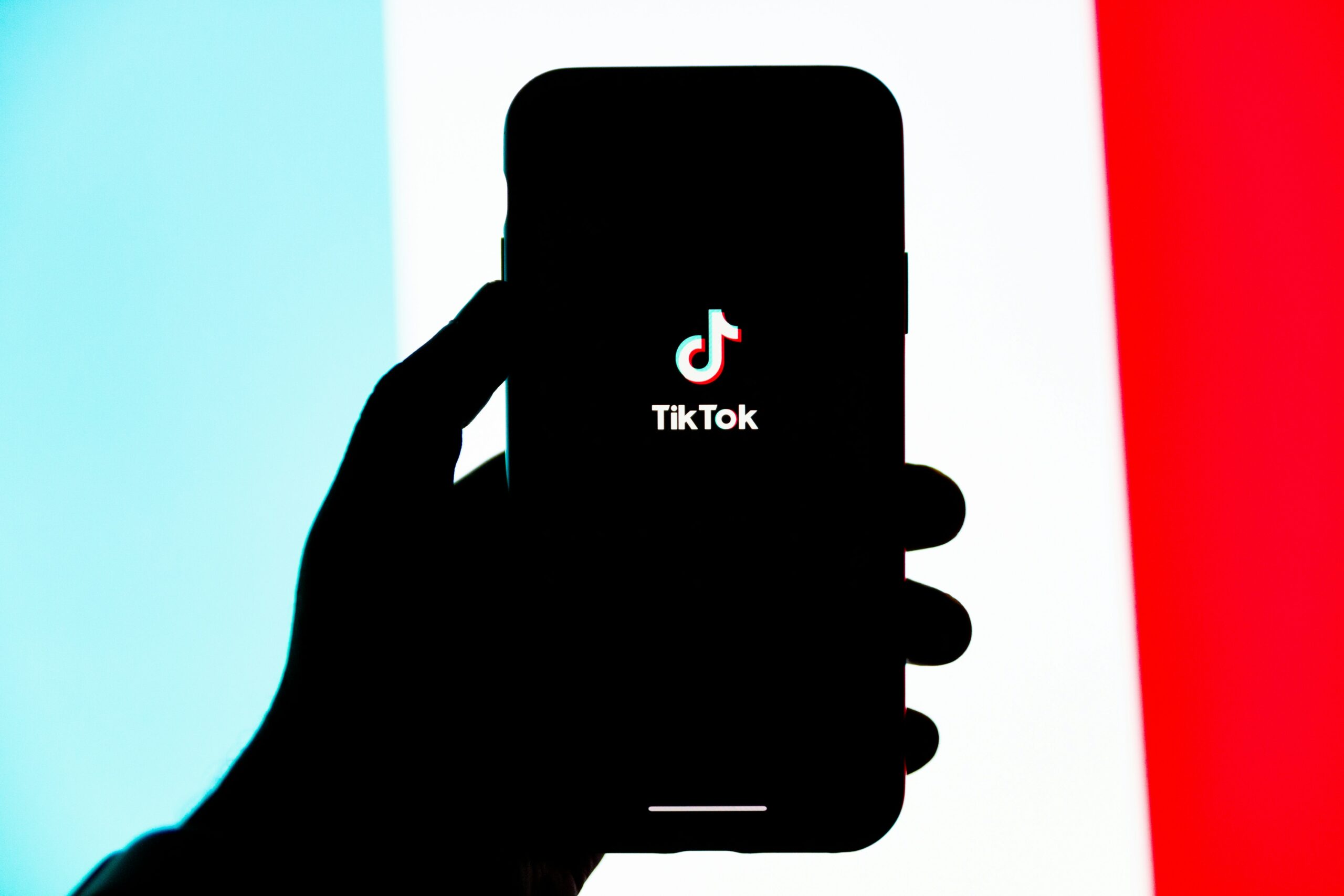
Photo by Solen Feyissa on Unsplash
TikTok Implements Stricter Measures on State-Affiliated Media
May 23, 2024
In a significant move to curb foreign influence during a crucial election year, TikTok is enacting new rules to limit the reach of state-affiliated media accounts on its platform. The popular short-form video app, owned by Beijing-based ByteDance, aims to address concerns over the spread of propaganda and misinformation through these accounts.
In addition to feed restrictions, TikTok is also tightening its advertising policies. In the coming weeks, state-affiliated media accounts will be prohibited from advertising outside their home countries. This decision follows a recent study by the Brookings Institution, which highlighted an increase in activity by Russian state-affiliated accounts. These accounts were noted for their escalated postings in English and Spanish, aiming to sway international audiences.
TikTok’s latest policy changes are part of a broader effort to combat covert influence operations on its platform. The company has committed to providing regular updates on its actions against such operations. Notably, in the first four months of this year, TikTok disrupted 15 covert influence campaigns, including one aimed at the Indonesian presidential elections earlier this year.
Two years ago, TikTok began labeling state-affiliated media accounts to identify them to users. Building on this initiative, the company announced on Thursday that it will now restrict these accounts from appearing on the main feed, a highly visible section where users predominantly engage with content. This measure specifically targets accounts that try to influence communities outside their home countries on global events and affairs.
The challenge of managing foreign propaganda is not unique to TikTok. Other major social media platforms, including Facebook and Instagram (both owned by Meta) and Elon Musk’s X, face similar issues. However, TikTok has been at the center of intense scrutiny and political debate in the United States. Many federal lawmakers and administration officials view TikTok as a significant national security threat, suspecting it may operate under the influence of the Chinese government.
Despite these allegations, TikTok has consistently denied any undue influence from Beijing. The company is currently engaged in a legal battle with the U.S. government, challenging a new law that would force it to sever ties with ByteDance to continue operating in the U.S.
Recent News
Free Baconators All Weekend at Wendy’s
This Father’s Day weekend, Wendy’s is rolling out a special offer to celebrate dads with one of their most iconic menu items. From Friday, June 14 through Sunday, June 16, Wendy’s is offering a buy one, get one free deal on their famous Baconators.
Apple Expands Apple Pay Features
Apple has long been seen as a disruptive force in the banking sector, but the relationship between technology giants and traditional financial institutions is evolving into a more symbiotic one. This week, Apple made several significant announcements at its Worldwide Developers Conference in Cupertino, California, showcasing enhancements to its digital wallet, Apple Pay. These updates signal a deepening partnership between Apple and banks, offering mutual benefits in the competitive landscape of financial technology.
Old-School Identity Theft on the Rise
Old-school identity theft is making a strong comeback, with fraudsters targeting unsuspecting victims by using stolen checks, fake IDs, and forged signatures. This resurgence has left banks and government authorities scrambling to address the increasing threats.
Automotive Industry Faces Deflationary Pressures
In recent months, the automotive industry has been grappling with a growing challenge: consumers delaying their new car purchases. Despite improved availability and a return to normalcy in automotive production, high interest rates and price volatility have made many potential buyers hesitant. This reluctance to buy now, in the hopes of securing a better deal later, is setting the stage for a deflationary spiral that could have serious implications for the industry.
